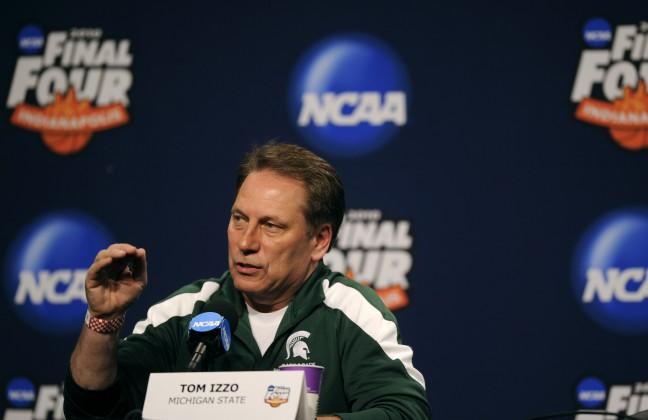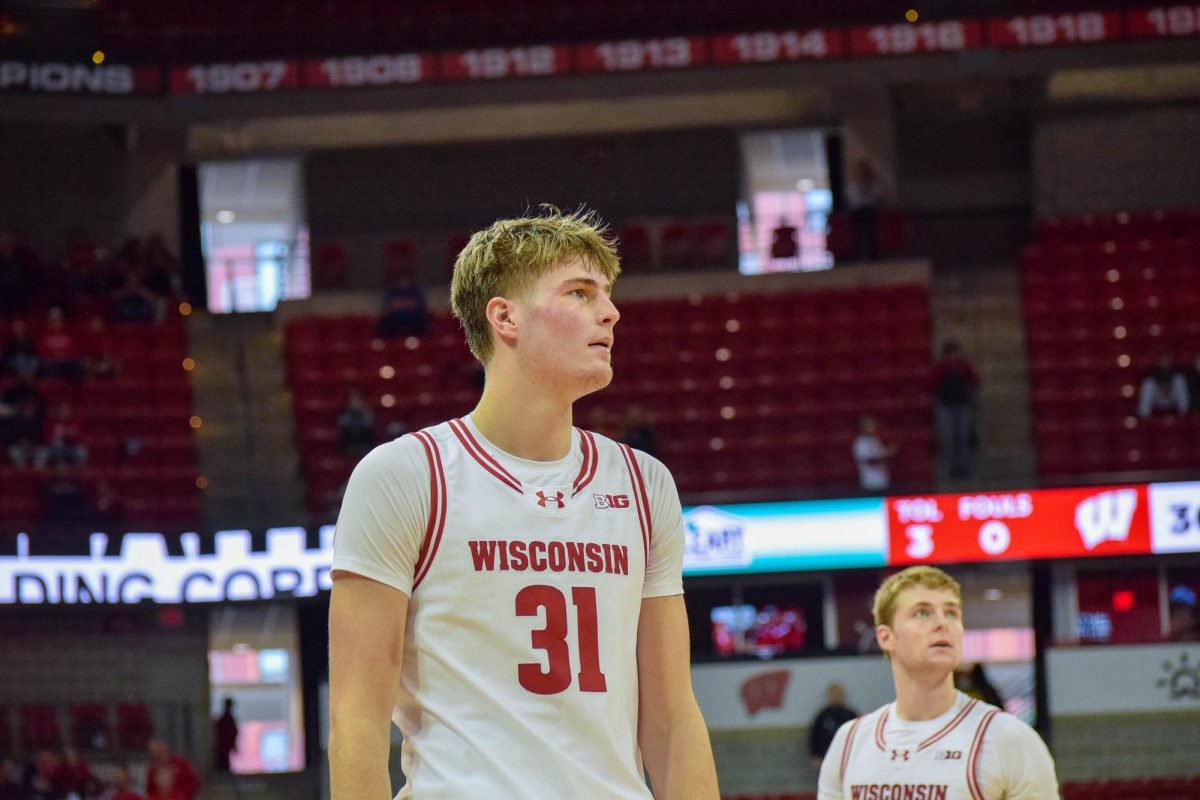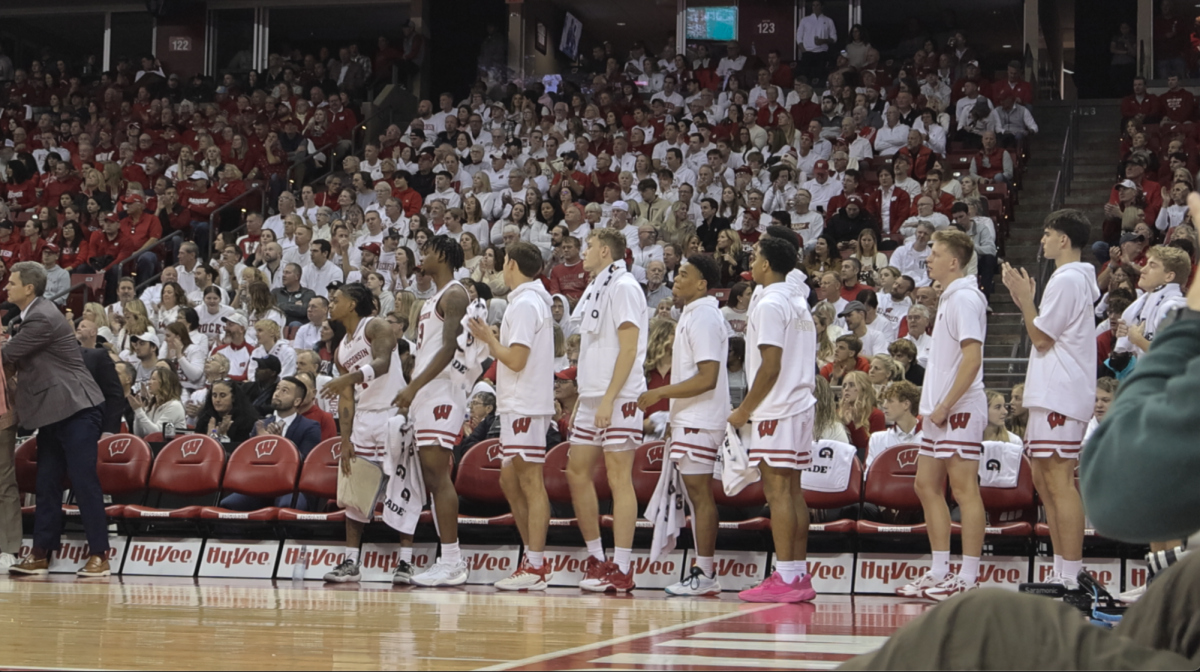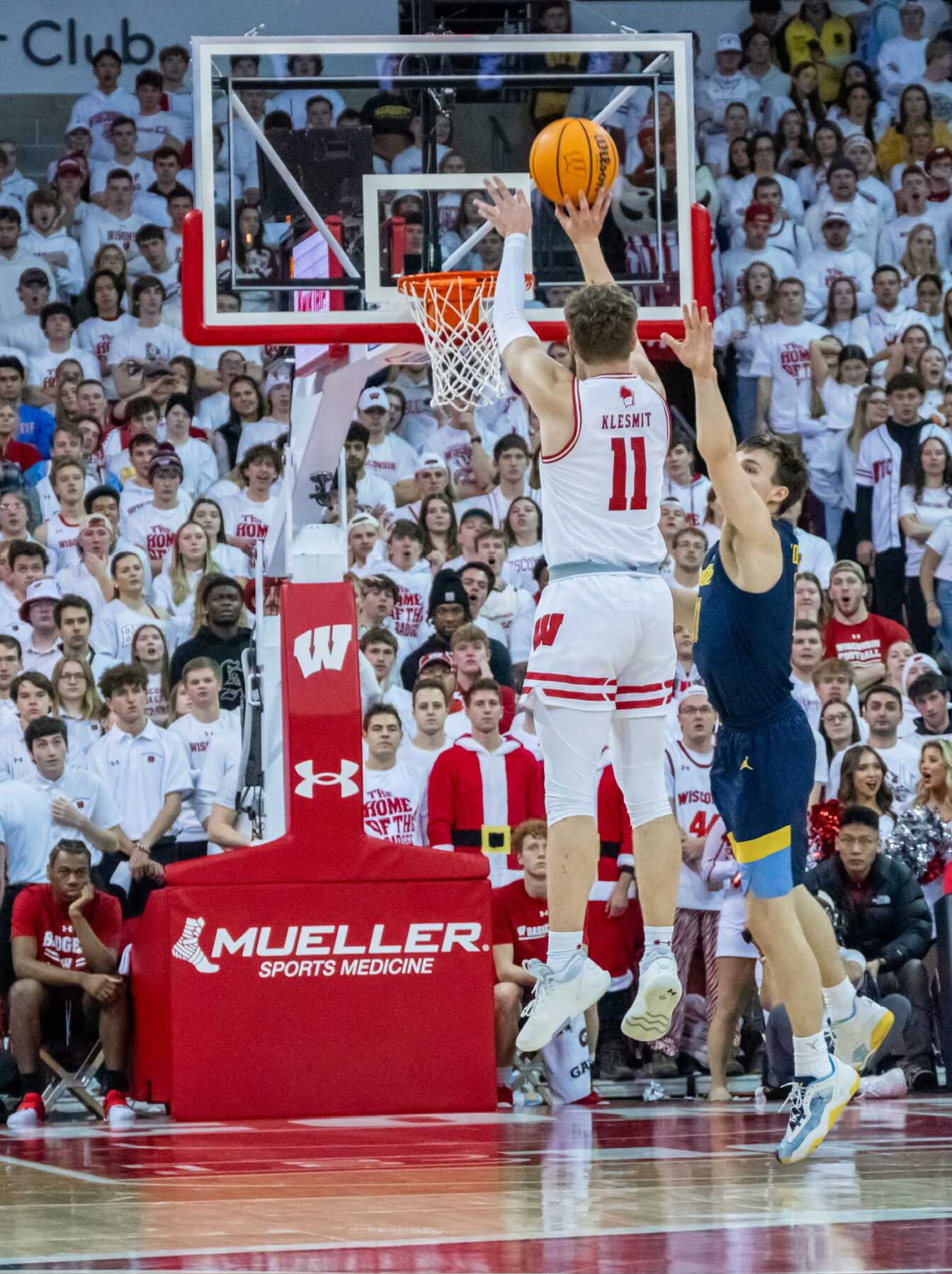In terms of the pay of the head coaches, Butler vs. Michigan State is a David vs. Goliath matchup. Michigan State coach Tom Izzo will make more than $3 million this year, making him one of only a handful of coaches in America above that threshold. Butler coach Brad Stevens’ guaranteed income for this school year falls below $400,000.
Pay gaps like this one are among the revelations in a new USA Today study that was published Friday in partnership with the IU National Sports Journalism Center. The study explored the coaches’ salaries of the 65 teams in the 2009 NCAA men’s tournament. More than half the teams in last year’s tournament featured a coach with a contract guaranteeing at least $1 million, and nine coaches made above $2 million. Four teams (Duke, Louisville, Kansas and Michigan State) paid its coach at least $3 million.
In a similar report from USA Today in 2006, only one coach – Kentucky’s Tubby Smith – earned more than $2 million.
Former University of Virginia men’s basketball coach Dave Leitao, now the president of the Indianapolis-based Black Coaches and Administrators, told IU journalism students this week that coaches’ salaries reflect the fact that college basketball is now a “multi-million dollar business.”
For a team like Michigan State, “multi-million” defines its athletic budget. The Spartans’ athletic program had operating revenue of $79.3 million, and $81.4 million in total operating expenses in 2008-09, according to another USA Today report published in January.
Izzo, who is coaching in his sixth Final Four this weekend, will earn $3,083,300 in income this academic year, and potentially another $850,000 in incentives. In the study, Izzo only trailed Duke’s Mike Krzyzewski, Louisville’s Rick Pitino and Kansas’ Bill Self in annual income.
During a news conference at Lucas Oil Stadium in Indianapolis on Friday, Izzo said coaches now must spend more time dealing with players in off-court situations. But he also said that, in the big picture, not much has changed for coaches during their careers.
“I don’t think there are a million things that have really changed,” Izzo said.
So why do coaches’ salaries continue to increase?
For one thing, college basketball is a thriving business.
“I think it’s like anything else, it’s what the market bears,” West Virginia coach Bob Huggins said.
Krzyzewski, the highest paid coach in the study with $4.1 million in compensation this school year, echoed Huggins.
“If you’re at a program for a long time, if you’re at a school for a long time, you become much more than just a basketball coach at the school,” Krzyzewski said Friday. “You become an ambassador for the school.”
For his part, Leitao said that with higher salaries come heightened expectations. He speaks from experience. Two years after being named the Atlantic Coast Conference Coach of the Year, Leitao resigned amid school pressure after a 10-18 season and last place finish in the ACC.
“The expectations are monumental in what the administration wants a coach to do,” Leitao said. “It has become a lot more difficult job.”
For schools outside the major power conferences, the expectations often remain high, even if the pay isn’t.
For example, Wake Forest was the only tournament qualifier last year from the major six major college athletic conferences that paid its coach under $1 million. In contrast, no coaches from the non-power conferences reached seven figures. Portland State qualified for the 2009 tournament with coach Tyler Geving making $120,000 per year.
One goal for smaller schools often is for the institution to earn name recognition through the tournament, such as Butler this season or George Mason, which made a Final Four run in 2006. In an effort to do that, Leitao said coaching turnover becomes more prevalent. This year, 30 schools have made coaching changes since the end of the regular season, and 23 of the coaches are from non power-conferences.
“The upside of those expectations is a Butler, which has become the darling of the NCAA Tournament,” Leitao said. “The downside is coaches losing their jobs – a lot unfairly.”
For schools small and large, Leitao doesn’t think the increased salaries will slow down.
“I don’t see salary caps coming for coaches,” Leitao said. “Is there going to be a day when a college coach makes $5 million or $7 million? The money keeps rolling in and it has got to go somewhere.”
A team of Indiana University journalists is reporting for the Final Four Student News Bureau, a project between IU’s National Sports Journalism Center and the NCAA at the men’s tournament in Indianapolis.












